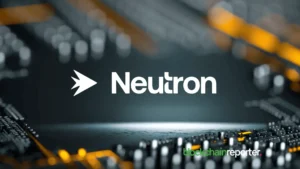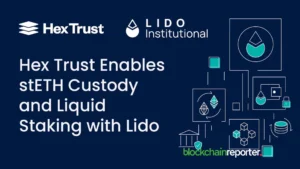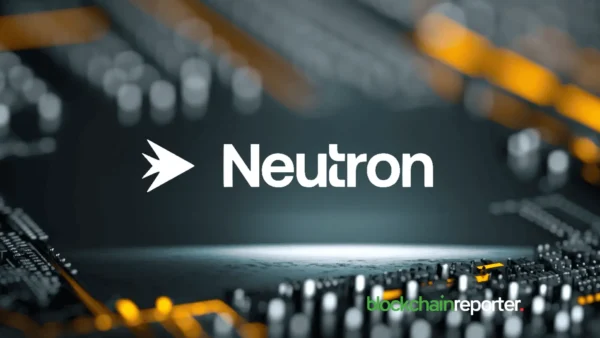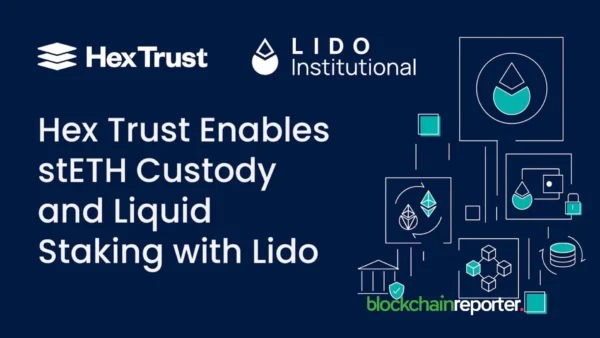
Today, the Monetary Authority of Singapore (MAS) made the announcement that the first industry pilot under MAS’ Project Guardian, which evaluates possible uses of decentralized finance (DeFi) in wholesale funding markets, has successfully performed its first live trades.
More industry pilots have been started to test the implementation of asset tokenization and DeFi across a wider variety of use cases in the financial industry. This testing is being done in an effort to accelerate the adoption of these technologies.
DBS Bank, JP Morgan, and SBI Digital Asset Holdings participated in the first industry pilot by conducting foreign exchange and government bond transactions against liquidity pools that were comprised of tokenized Singapore Government Securities Bonds, Japanese Government Bonds, Japanese Yen (JPY), and Singapore Dollars (SGD).
Harnessing The Benefits Of DeFi
A successful live cross-currency transaction comprising tokenized deposits of Japanese yen and Singapore dollars was successfully undertaken. In addition, a simulated exercise that involved the purchase and sale of tokenized government bonds was carried out.
Without the need for third-party financial intermediaries, DeFi paves the way for entities to conduct financial transactions directly with one another through the use of smart contracts. The cross-currency transactions of tokenized assets that were successfully carried out during the first pilot show that these transactions can be exchanged, cleared, and settled quickly among direct participants.
This means that costs associated with the execution of trades through clearing and settlement facilitators and the administration of bilateral counterparty trading relationships, which are required in today’s over-the-counter (OTC) markets, are no longer incurred.
Oliver Wyman Forum, in collaboration with DBS Bank, JP Morgan, and SBI Digital Asset Holdings, has published a whitepaper that provides a summary of the key takeaways from the initial pilot. These takeaways include the advantages of digital asset interoperability and the increased efficiency of transactions that institutional DeFi protocols may bring to financial markets.
Engaging The Financial Industry For Collaboration
MAS has been working with the financial industry to identify critical areas for partnership ever since the introduction of Project Guardian in May of 2022. These include conducting industry pilots with financial institutions and FinTechs in Singapore and other countries to identify good asset tokenization use cases for financial services.
The industry is able to find possibilities to generate economic value and disclose potential risk management issues through the use of such pilots. Studying the regulatory and risk management implications of transactions involving tokenized assets, such as the regulatory treatment of tokenized liabilities and suitable governance for institutional DeFi structures, is another part of this process.
This study is being done to improve supervision and accountability. They are also building technology standards to allow interoperability throughout the digital asset ecosystems. This interoperability has the ability to enable cross-currency transactions of tokenized assets on a global scale.
This first requires the establishment of a common identity and access framework that will be supported by trust anchors. Trust anchors are regulated financial companies that examine, verify, and provide verifiable credentials to businesses that seek to participate in the DeFi protocols.
Sopnendu Mohanty, Chief FinTech Officer, MAS, said, “The live pilots led by industry participants demonstrate that with the appropriate guardrails in place, digital assets and decentralized finance have the potential to transform capital markets. This is a big step towards enabling more efficient and integrated global financial networks.”
The MAS has gained a more in-depth understanding of the ecosystem surrounding digital assets as a result of Project Guardian, which has helped the creation of Singapore’s digital asset strategy. The MAS is excited about the prospect of collaborating with additional institutions to enhance global learning on policies, norms, and industry standards for the regulation of digital assets and responsible innovation.
Launching Two New Industry Pilots
As a result of the industry interactions, MAS is launching two new industry pilots: trade finance (TradeFi) and Wealth Management). Standard Chartered Bank is spearheading a project for TradeFi that is looking into the possibility of issuing tokens that are tied to trade finance assets.
The goal of the project is to digitize the market for trade distribution by converting trade assets into transferable instruments that are more open to investors and feature increased levels of transparency. When it comes to wealth management, HSBC and UOB are collaborating with Marketnode to facilitate the native digital issuance of wealth management products. This would improve both the effectiveness of the issuance process and the investors’ access to it.
The MAS has stated that it is open to receiving more proposals from the industry that cover the primary focus areas of Project Guardian. These focus areas include open and interoperable networks, trust anchors, asset tokenization, and institutional-grade DeFi protocols. The Monetary Authority of Singapore extends an invitation to any parties interested in doing live testing to submit proposals to the FinTech Regulatory Sandbox.









